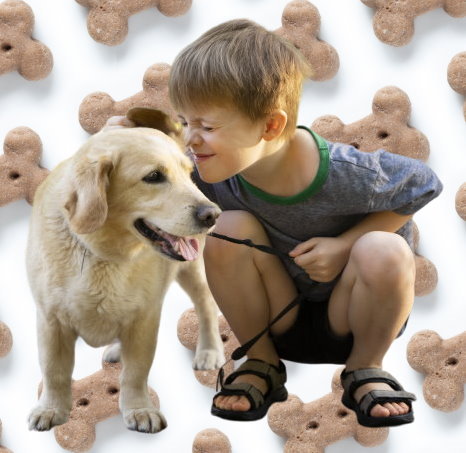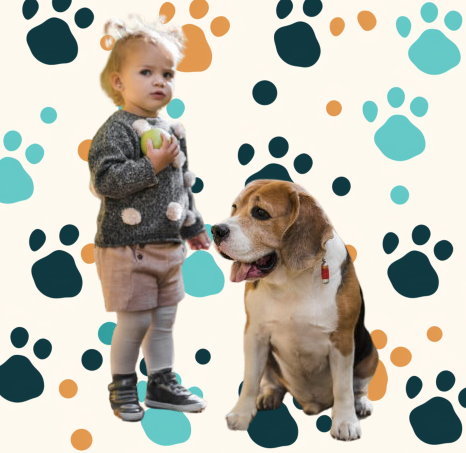Welcome to Dog Training Newbies !
Welcome to Dog Training Newbies !

Dog training is an art that requires patience, consistency, and understanding. It is not just about teaching basic commands; it is about building a strong bond of trust and communication between you and your furry friend. A well-behaved dog is not only a pleasure to be around but also a reflection of responsible pet ownership. In this article, we will explore effective techniques for training your dog and nurturing a well-behaved companion.
Positive Reinforcement:
Positive reinforcement is a cornerstone of successful dog training. It involves rewarding desired behaviors to encourage their repetition. When your dog follows a command or exhibits good behavior, praise and reward them with treats, toys, or verbal praise. This approach helps reinforce the idea that good behavior leads to positive outcomes, making your dog more eager to learn and please you.
Consistency is Key:
Consistency is crucial when training your dog. Dogs thrive on routine and clear expectations. Establish consistent rules and boundaries, and ensure that everyone in your household follows them. Use consistent verbal cues for commands, so your dog can easily understand what is expected of them. By being consistent, you avoid confusing your dog and make the training process more effective.
Patience and Persistence:
Patience and persistence are vital traits for successful dog training. Remember that dogs learn at their own pace, and every dog is unique. Some commands may come naturally to your dog, while others may take more time and repetition. Avoid becoming frustrated or resorting to punishment. Instead, maintain a calm and patient demeanor, and keep practicing until your dog grasps the desired behavior.
Socialization and Exposure:
Socialization is an essential aspect of dog training. Introduce your dog to various people, animals, and environments from an early age. This exposure helps them develop confidence and adaptability, reducing the likelihood of fear or aggression towards unfamiliar situations. Take your dog on regular walks, visits to the park, or enroll them in puppy socialization classes to foster positive interactions.


Clear Communication:
Effective communication is vital in dog training. Use clear and concise verbal cues for commands, such as "sit," "stay," or "come." Accompany these commands with corresponding hand signals, which can aid understanding, especially in noisy or crowded environments. Dogs are perceptive to body language, tone of voice, and facial expressions, so use these cues consistently to reinforce your commands.
Avoid Punishment-Based Techniques:
While it may be tempting to resort to punishment when your dog misbehaves, it is important to avoid harsh or punitive techniques. Physical discipline, yelling, or scolding can damage the trust and bond between you and your dog. Instead, focus on positive reinforcement and redirection. Use redirective techniques to guide your dog's behavior towards more desirable alternatives.
Engage in Mental Stimulation:
Training should not be limited to commands and obedience. Engage your dog in mental stimulation activities to keep their mind sharp and prevent boredom. Puzzle toys, interactive games, and scent work exercises are excellent ways to challenge your dog and provide mental enrichment. Mental stimulation not only keeps your dog entertained but also helps prevent behavioral issues that may arise due to a lack of mental engagement.
The art of dog training involves more than just teaching commands; it is about nurturing a well-behaved companion through positive reinforcement, consistency, and clear communication. Patience, persistence, and avoiding punishment are key elements that build a strong bond of trust between you and your furry friend. Remember to engage your dog in socialization and mental stimulation activities to promote their overall well-being. By employing these effective techniques, you will not only have a well-behaved dog but also a loving and loyal companion for life.